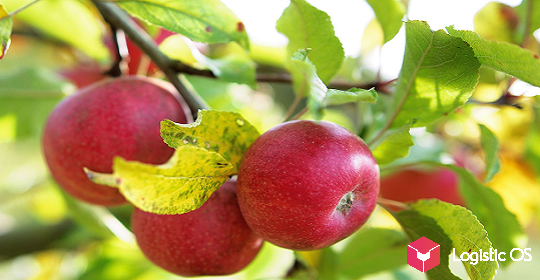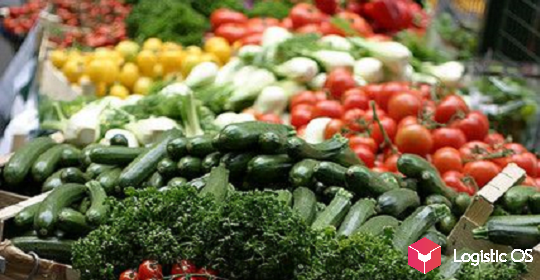According to analysts, this market may reach a volume of about 700 billion rubles by 2028.
Rosselkhozbank notes that agriculture accounts for about 26% of the Russian biotechnology market.
So far, this share is about 150 billion rubles, and by 2028 it may grow to 190 billion rubles, which would be a very significant step forward, experts emphasize.
Basically, biotechnology in the agricultural sector is currently represented by three components.
Firstly, this is the development of enzyme preparations, as well as food and feed additives.
Secondly, veterinary drugs.
Thirdly, plant and animal breeding (obtaining organisms with specified properties).
«The application areas of biotechnology in the agro-industrial complex have significantly expanded over the past few years due to a several-fold reduction in the cost of microbial synthesis, which ultimately allows manufacturers to reduce the cost of production.
At the same time, production efficiency is also increased by increasing the yield of varieties and hybrids, using biologized fertilizers and reducing losses during transportation and storage of products.
Also, the use of biological preparations allows farmers to move away from the use of chemical analogues and produce organic products,» Rosselkhozbank notes.
Research in this area is extremely promising, experts are sure.
For example, the development of new microorganisms and cells can help to obtain new food products, including cellular meat, sweet proteins, and lactose-free milk.
Adding vitamins and microelements to products also helps them become tastier and healthier.
The state plans to support such developments.
For example, such support is part of the extensive national project «Technological Support for Food Security», which is valid until 2036.
This project includes support for breeders and geneticists, assistance in the development of biotechnology, including the development of drugs and vaccines in the field of veterinary medicine.
An equally important part of the project is providing the agricultural sector with machinery and equipment.
Even more important is assistance in providing personnel, since there are very few qualified specialists who are needed for such developments, and in the labor market, in addition, there is currently a shortage in general.
It is planned that state assistance should become a significant support for the development of Russian biotechnology in the agro-industrial complex.

